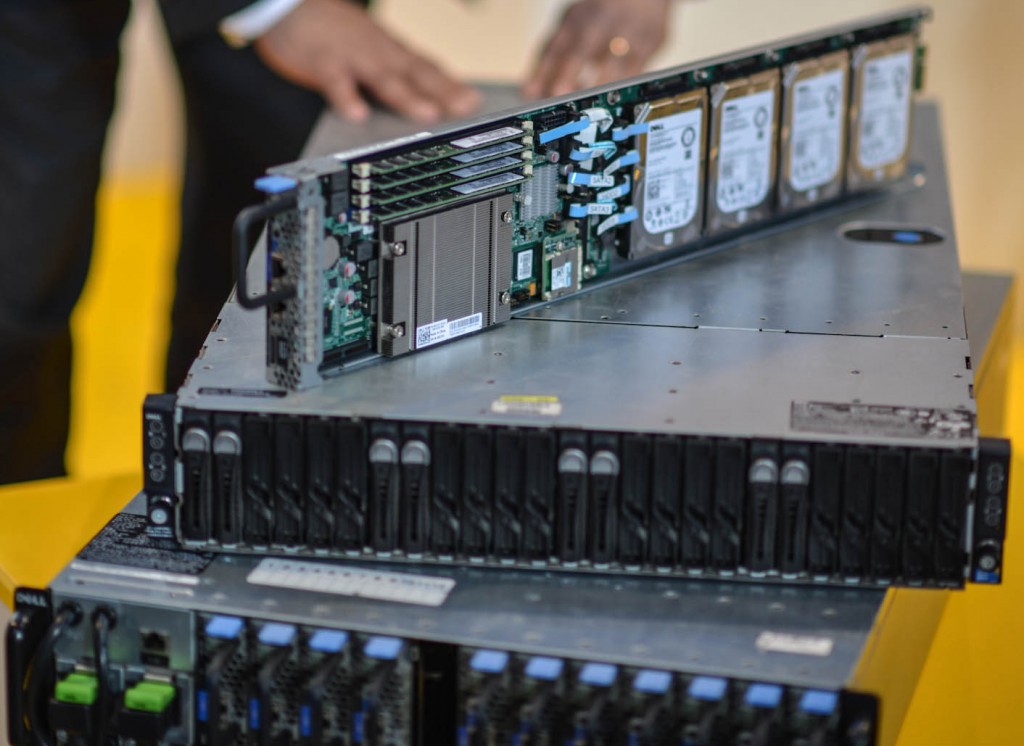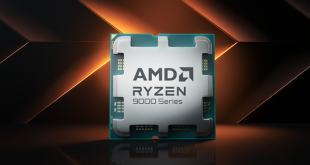Nvidia Corp. and Samsung Electronics have decided to withdraw from development of server-class system-on-chips based on the ARMv8 instruction set. Since there are too many similar server chips in development, the two companies most likely do not want to compete in an extremely crowded market.
Both Nvidia and Samsung design ARMv8-based 64-bit system-on-chips for mobile devices, such as smartphones, tablets or game consoles. The companies will continue to develop such SoCs as well as their own processing cores based on the ARMv8 instruction-set, however, they will not target micro-servers with their offerings, reports the Wall Street Journal.
“In response to recent changes in the business environment and the emergence of new R&D opportunities, Samsung Semiconductor has refocused some of its R&D efforts,” said a spokeswoman for Samsung.
It is known that Samsung has hired a lot of server chip specialists from companies like AMD in the recent years in order to develop its own server chips. However, it does not look like we are going to see such SoCs on the market anytime soon.
Dell Copper, an experimental server running ARMv8 chips
Nvidia has been developing its project Denver 64-bit microprocessor cores for over four years now with “PCs, workstations and servers” in mind. Nonetheless, initially the Denver cores will be part of the Tegra family for mobile devices. The company is keeping its options open about pursuing servers at some point in the future.
“We expect great things from Project Denver,” said a representative for Nvidia.
It is interesting to note that when Nvidia formally introduced its Denver cores, it said that they could “be fully integrated on the same chip as the Nvidia GPU”, creating a heterogeneous computing platform. While Nvidia’s Tegra chips do integrate graphics processing capabilities, it is necessary to note that back in the days it was said that the Maxwell GPUs would feature with built-in general-purpose Denver cores. At present Nvidia no longer talks about GPUs with integrated Denver cores.
Not entering the market of ARM-based server processors may be a wise idea for Nvidia and Samsung. The market is going to be crowded and hence the competition will be fierce. Developers that have confirmed plans for ARM-based server-class chips include Applied Micro Circuits, AMD, Broadcom, Cavium, Texas Instruments and Marvell Technology Group. Qualcomm is also reportedly working on high-performance ARM-based processors for servers. In addition, inevitable wars of standards that will occur in a crowded market will most likely hurt all the players to a certain degree, which means financial losses.
Discuss on our Facebook page, HERE.
KitGuru Says: While analysts draw nice prospects for the ARM architecture on the server market, such chips yet have to prove that they can bring actual benefits…
 KitGuru KitGuru.net – Tech News | Hardware News | Hardware Reviews | IOS | Mobile | Gaming | Graphics Cards
KitGuru KitGuru.net – Tech News | Hardware News | Hardware Reviews | IOS | Mobile | Gaming | Graphics Cards




